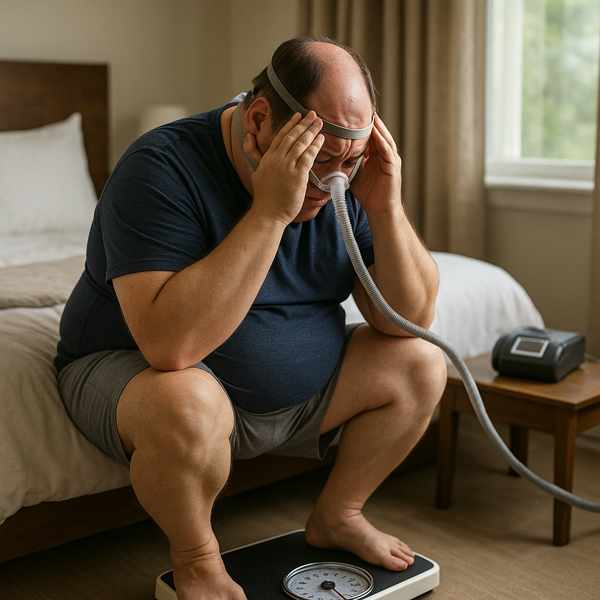Can Shedding Pounds Improve Sleep Apnea?
Can Shedding Pounds Improve Sleep Apnea?
Blog Article

Sleep apnea is a common sleep disorder that affects breathing during rest.
Let’s explore how shedding pounds can affect this sleep condition.
Understanding Sleep Apnea
The most common form is obstructive sleep apnea (OSA), caused by blocked airways.
Common symptoms include:
- Often reported by sleep partners
- Interrupted breathing patterns
- Difficulty staying alert during the day
- Signs of disrupted oxygen flow
How Obesity Impacts Breathing
Fat deposits in the throat may narrow the airway, making it more likely to collapse.
Key risk factors include:
- More weight increases OSA risk
- Narrows the airway path
- Can contribute to airway collapse
Is It Possible to Eliminate Symptoms Naturally?
In many cases, losing weight can dramatically reverse or manage sleep apnea symptoms.
Possible benefits of weight loss:
- Less airway obstruction
- Better oxygen flow
- More natural treatment options
- Improved sleep quality and energy
However, weight loss may not cure sleep apnea in all cases — especially if anatomical issues or severe OSA are present.
What Results Can You Expect?
Studies show that losing just 10% of body weight can reduce OSA severity by up to 50%.
Tips:
- Start with small, achievable goals
- Sustainable changes make a difference
- Track your sleep changes
Healthy Ways to Lose Weight for Sleep Improvement
Effective strategies:
- Limit sugar and processed carbs
- Exercise regularly (cardio + strength)
- Sleep on your side
- Avoid alcohol and sedatives
Working with a nutritionist or sleep specialist can provide more personalized support.
What to Do if Symptoms Persist
If symptoms continue, talk to your doctor about other options such as:
- CPAP therapy (Continuous Positive Airway Pressure)
- Oral appliances
- Surgery in severe cases
Conclusion
For those whose apnea is linked to weight, shedding pounds does losing weight increase girth is often a powerful, non-invasive solution.
Still, sleep apnea is a medical condition that may require combined treatments. Report this page